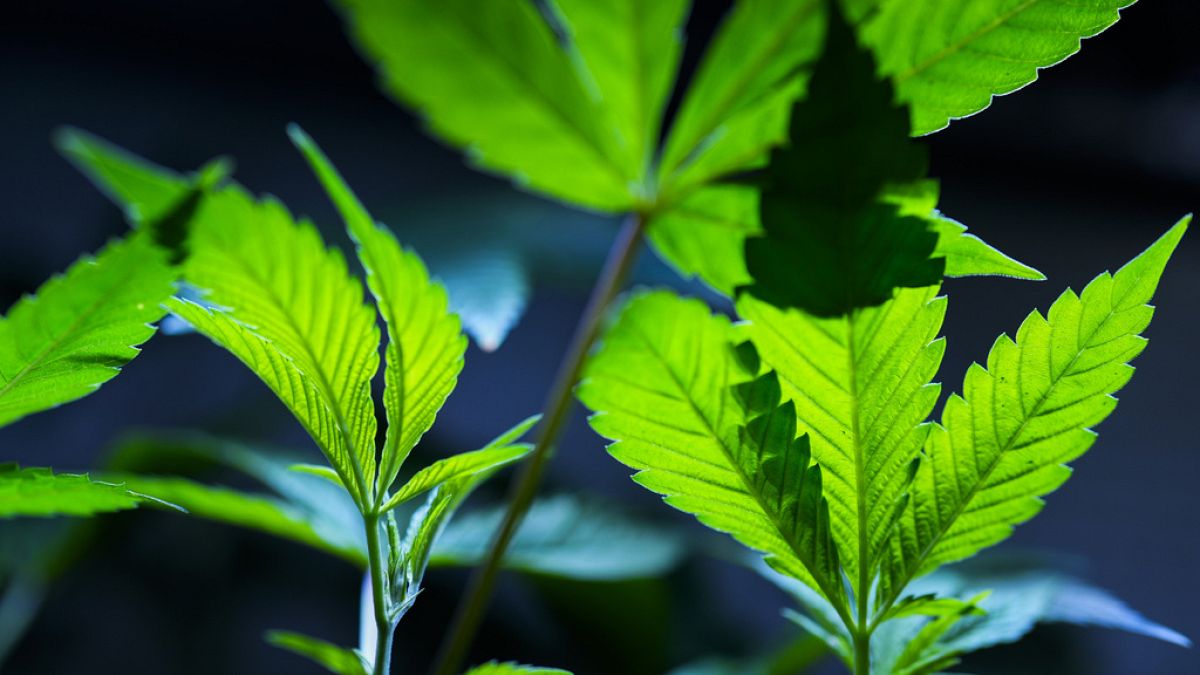Cannabis could be moved from the stringent Schedule 1 classification of the Controlled Substances Act (CSA) to the relatively less regulated Schedule 3, in view of its medicinal and pharmaceutical properties and usages.
Several European cannabis start-ups are considering listing in New York as the Federal authorities propose to declassify marijuana as a less dangerous drug.
This mainly involves companies who have still not made a concrete decision about when and where to list, but are being increasingly attracted by what they see as a more welcoming approach to marijuana and cannabidiol (CBD) products generally in the US.
According to Statista, the value of the CBD products market could reach around $6.90 billion (€6.32 billion) this year.
Under the new US rule, marijuana could be changed because of its medicinal properties from the much more restrictive Schedule 1 of the Controlled Substances Act (CSA), which also lists heroin, fentanyl and LSD under it, to the less stringent Schedule 1, the same category as anabolic steroids and ketamine.
The new move could prompt several UK and European cannabis companies to list on US exchanges, instead of European ones, as Europe still has relatively strict rules regarding which CBD products are legal. For instance, some countries allow CBD e-liquids, however do not allow CBD edibles, unless the European Food Safety Authority approves them.
Although most European countries do not ban CBD products outright, they do impose a limit on the amount of THC, which is the primary psychoactive ingredient in the cannabis plant. Other countries such as Sweden and the UK do not allow CBD products containing THC at all. Currently only Andorra, Albania and Belarus have an outright ban on CBD.
Companies such as Grow Group, based in London, have already revealed that they are preparing for an initial public offering (IPO) on Nasdaq at the beginning of next year, according to the Financial Times. Another London based company, Wellford Medical, could also list on the Nasdaq soon.
Somai Pharmaceuticals, based in Lisbon, has also hinted that it could also go for a Nasdaq listing, as well as a secondary listing on the London Stock Exchange (LSE) or the Toronto Stock Exchange.
Federal laws in the US still prohibit major US cannabis companies such as Trulieve Cannabis Corp, Curaleaf, Verano Holdings Corp and Cresco labs from listing on US exchanges such as the New York Stock Exchange (NYSE) and the Nasdaq.
As such, many of these companies choose to trade on Canadian exchanges such as the Canadian Securities Exchange and the Toronto Stock Exchange. The US also allows Canadian cannabis companies such as Canopy Growth and SNDL to list on its exchanges.
The reclassification of cannabis could potentially lure even more UK and European companies away from the continent, at a time when several key stock exchanges such as the LSE are already struggling to retain companies and attract IPOs.
Why could marijuana be reclassified?
For the past few months, there has been increasing pressure on the US government to reclassify marijuana. This is mainly due to its medicinal and pharmaceutical properties, with CBD oil products such as oils, tinctures, creams and gummies being used to treat anxiety, pain as well as memory issues.
CBD is also sometimes prescribed to manage pain and other chemotherapy side-effects. A growing number of US states have already legalised recreational marijuana.
However, some critics still believe that the drug can be harmful, as well as being a potential gateway for harder and more dangerous drugs. Others are opposed to the use of recreational marijuana but do not object to its being used for medicinal and pharmaceutical purposes.















